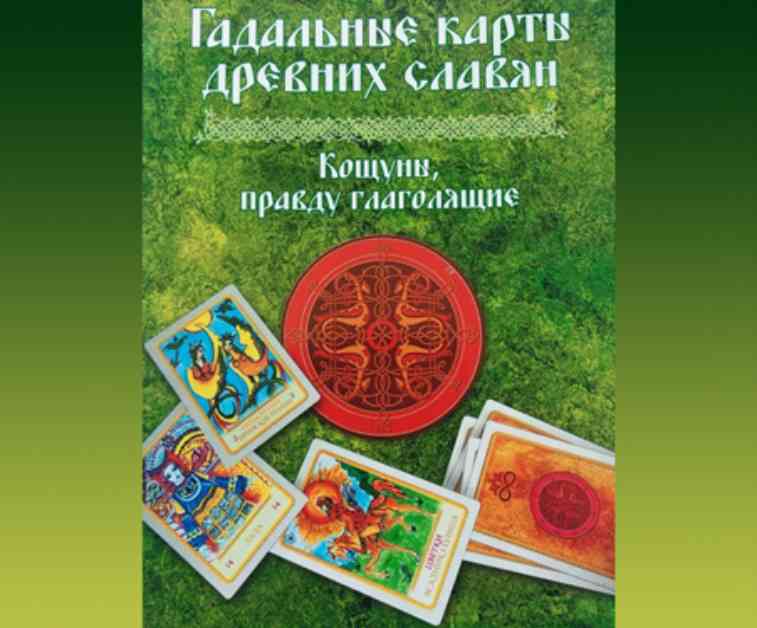Russian State Duma Responds to Surge in Spending on Occult Services
In a shocking revelation, a recent news report from the Russian news site MK highlighted a significant increase in spending on “sorcerers” and “occult services” by Russians in 2024. According to a poll conducted by Moscow’s Public Opinion Research Center (VTSIOM), it was found that Russians spent nearly as much on these mystical services as they did on groceries. This alarming trend sheds light on the growing reliance on supernatural practices in the country.
Booming Market for Occult Services
The survey unveiled that the incomes in the “magical” sector of the economy witnessed a staggering 20 percent growth in 2023, with expectations of surpassing that figure in 2024. Additionally, the demand for internet consultations on astrological, numerological, and fortune-telling sites surged by a whopping 38%. The estimated market size for occult services in Russia has now reached a staggering 2.4 trillion rubles ($24 billion), comparable to the nation’s expenditure on food over the past year.
Political Backlash and Calls for Regulation
Amidst this surge in occult services, Russian politicians, including Vitaly Milonov, a member of the State Duma for Saint Petersburg, have expressed grave concerns. Milonov condemned fortune-telling as a “satanic ritual” and deemed Tarot cards as “pictures of the devil.” He advocated for a complete ban on such practices and even suggested imprisoning tarot readers and numerologists for engaging in pseudo-religious activities without proper registration.
Deputy Speaker of the State Duma, Boris Chernyshov, echoed Milonov’s sentiments, calling for a ban on inviting astrologers and fortune tellers on television and radio programs. He emphasized the need to promote educational content that highlights the achievements of science and culture instead of propagating superstition and fraud.
Proposed Legislation to Curb the Trend
In a bid to address the escalating interest in tarot readings, Deputy Chairman of the Duma’s information policy committee, Andrei Svintsov, introduced a draft bill to ban the advertising of fortune-telling with tarot cards. He emphasized that what was once considered harmless entertainment has now transformed into a profit-driven industry based on deception and fiction.
The proposed legislation aims to combat the mass psychosis surrounding occult services and safeguard citizens from falling prey to fraudulent practices. As the debate on regulating mystical services intensifies, it remains to be seen how the Russian government will navigate this intricate landscape of belief and skepticism.
Steve, a former British Army veteran turned writer, shared his thoughts on the issue, reflecting on the cultural nuances and societal shifts that underpin this growing phenomenon. His unique perspective sheds light on the complex interplay between tradition, modernity, and the quest for meaning in an uncertain world.

















